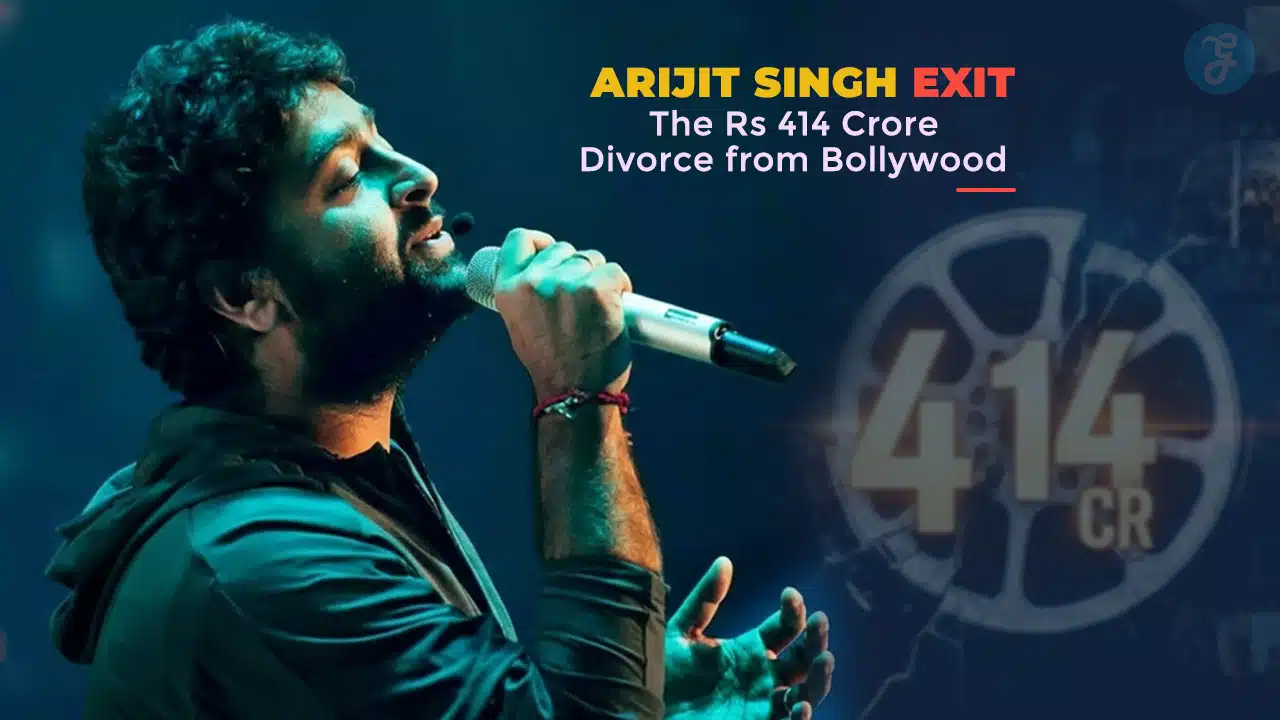Today we live in a chaos of critical ideas. Why one opinion of a film is not as reasonable as another is a fundamental question that critics should answer. How can experiences be compared? What is value? Modern aesthetics is based on the implicit assumption that a special kind of mental activity is present in the aesthetic experience. But there is a long way to go from impression and taste to aesthetic judgment. Ideas die fast, and only honest films can survive. Criticism plays a vital role in contemporary culture, and students often need help to write a good review. This is a brief guide where we want to share a couple of proven ideas and provide a piece of advice for writing cinema review, so stay tuned.
The Writing Style
Chicago Reader’ longtime film critic Rosenbaum believes that a good review includes provocativeness, originality, information, engagement, a sense of ethics and ideological impact, knowledge of the subject matter, a sense of detail, humour, good writing style, and a broad enough context. Understanding how the film affects us as we watch it and after the show and energy are also needed.
Now, we can add the question that the critic must ask himself: what the author wanted to say with the film. Judgment in essay topics on cinema, whatever it may be, must be supported by arguments. In that context, writing a cinema essay poses an academic challenge that a college student must address. Therefore, having a guideline for cinema essay sounds like a good idea, but more like a way to pass the course successfully.
The Main Component of a Cinema Review
According to theorists, evaluation or assessment is the main component of any review and cinema essay. Other operations, including description, contextualisation, interpretation, and analysis – are hierarchically subordinated to the purpose of the evaluation. In that sense, evaluation is the first among equals when we talk about the segments of a review.
Moreover, a review is necessarily an operation of evaluation based on reason and facts, by which, however, it differs little from comparable forms of discourse on the arts. Accordingly, it would be best to assume that the reader, viewer, or listener mostly expects help from critics in discovering the values in the shown film. The stated above is your starting point for coursework that tackles this subject.
Always Stay Professional
It’s very easy to get carried away and start attacking the actor/director in person. You have to be very careful about this. Stay extremely professional. As a critic, you will watch many movies in one year. Some you will like and some you will despise.
Remember, you are watching a film from a critical point of view, so leave personal things aside and avoid attacks on actors, directors, or costume designers, even if you didn’t really like something.
That doesn’t mean you have to compromise when writing your review. If you don’t like some parts, but you know that technically everything is done correctly, avoid mentioning anything. If this could be worked on, point it out in a sarcastic way, but don’t overdo it!
It would help to consider who you are writing for and their audience. You will probably have to work on your writing style, but you will stay true to your trademark.
Understand Film Vocabulary and Technical Details
Research is the key. You’ll probably need to look at different types of films – this will help you distinguish between a feature film from a documentary or a commercial movie from a short film. Despite that, there is a lot to learn about the industry itself. A lot of that comes through reading and practice.
Get acquainted with the technical aspect of making a film. Learn about camera angles, different shots, directing, cinematography. Learn all about top-notch recordings and their trademark – designers, directors, producers, screenwriters.
Types of Information to Include
Closing it up, a good cinema review should combine no less than four types of information. First, there is brief information about the movie without any interpretations about its identity, technical, and historical parameters. It depends primarily on the professional skills and education of the students.
The semantic information follows and concerns the meaning of an object. This requirement is undoubtedly the most difficult to fulfil. Next, we need to provide aesthetic information – which depends on concepts such as, for example, beautiful/true, etc., which distinguishes the film’s theme from similar aspects. This is where your writing style should excel.
Finally, a review should be closed with hedonistic information, which is more personal and closely related to the aesthetic.
Summary
As a movie reviewer, you have to have an honest judgment. Remember that people have different points of view, and your opinion is just a drop in the ocean. Although some films, hand on heart, really deserve a painfully honest review, make sure your dose of sarcasm is to help the filmmakers correct their mistakes. Be fair but consistent.







































